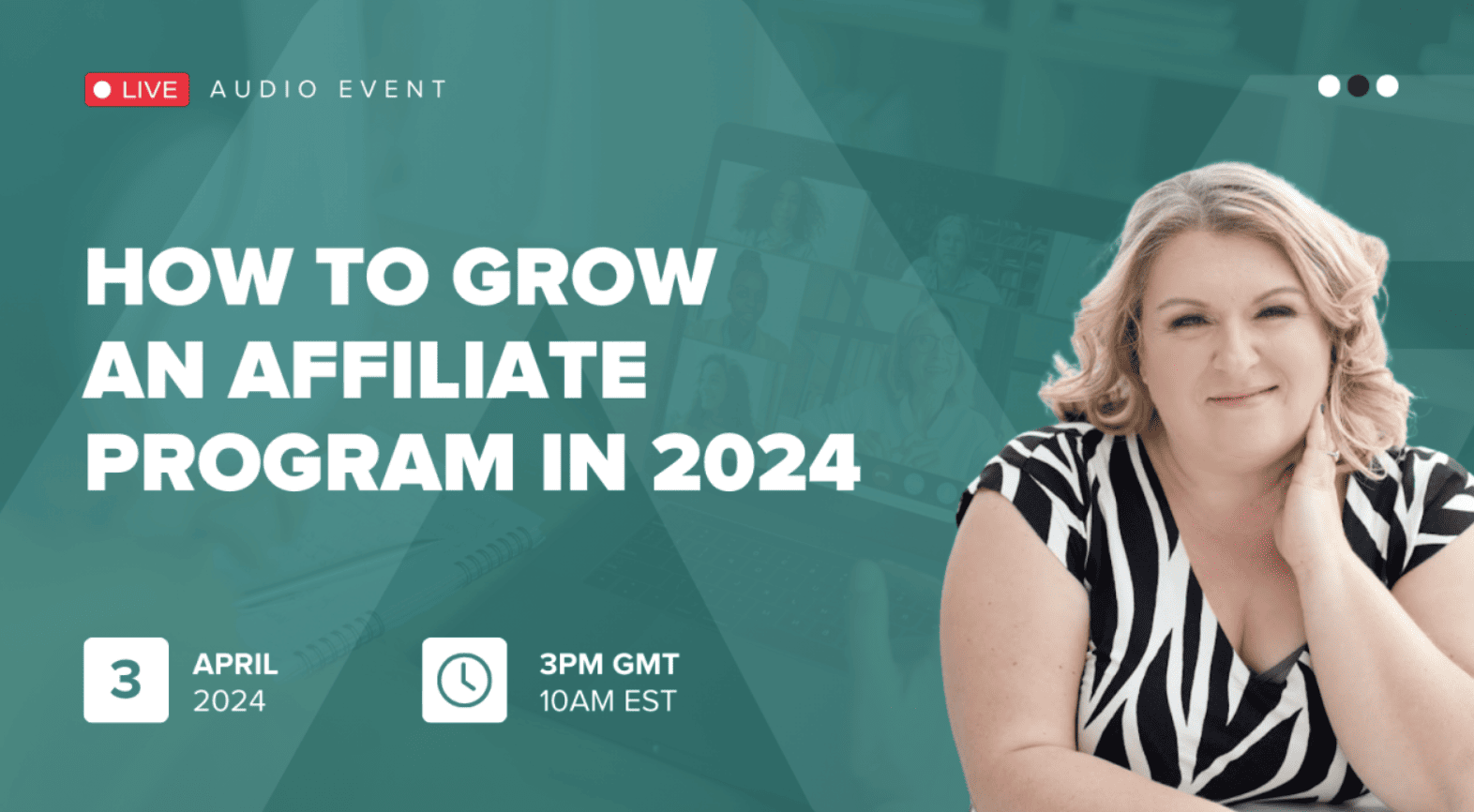In today’s Affiliate Spotlight, we speak to Jens Bøg Hokka of casinopenge.dk. Jens started this casino comparison site two decades ago.
Jens discusses the opportunities he saw in the Danish market when launching casinopenge.dk, as well as the future of iGaming in Denmark and more.
And without further ado, we shall allow Jens to take the spotlight and share his expertise!
Affiverse: When casinopenge.dk was founded, what opportunities in the Danish market if you see?
Jens Bøg Hokka: “I launched casinopenge.dk in 2000 to help friends figure out casino bonuses. They had seen me win quite a bit in the early, quite generous years of online casino. At that time, the only other Danish casino websites were mostly just a bunch of flashy casino banners thrown up on a page. So my approach of educating the players with honest information about casino bonuses, combined with guides and tips for optimal play, was quite different.
“While the casino landscape has changed a lot since then, I’ve stuck to the formula of bringing honest information to players. This honesty has now been written into Danish casino law, meaning that everyone must be a bit more like Casinopenge. Meanwhile, my business has become a lot more data-driven; I spent a good portion of our earnings on marketing too, whereas in the first several years I had just relied on word-of-mouth.”
AI: Danske Spil proposed a ban on affiliate marketing earlier this year, as part of their desires for stricter gambling regulation in Denmark.
What is the general attitude towards affiliates in the country and do you think that Spillemyndigheden would be likely to implement such a law?
JH: “This is going to be a long answer, because it’s important to understand the history and position of Danske Spil in the Danish market.
“We shouldn’t ignore what they have to say as they, more than others, have the ears of politicians. It is the old gambling monopoly and 80% is owned by the state. So they’re not just contributing with taxes to the government; most of their profits go the exact same way.
“With that being said, I don’t think that any of Danske Spil’s ideas will be implemented into law for now. Although they label the proposal as a problem gambling initiative, seven of their 10 suggestions were more about limiting competition than targeting compulsive gambling.
“When Danish gaming was liberalised in 2012, Danske Spil was split into two companies. These were supposed to operate independently: one for lotteries that are still monopolised and another for sports betting, casino and poker – which is now competing with international and local licensed operators. This was supposed to create a free and fair marketplace for the newly-regulated verticals, but in reality Danske Spil gained three big competitive advantages:
- A network of 4,000 sales points primarily for their sports betting products;
- A database of every Dane who has ever played the lottery or placed a sports bet online (they had a combined database until 2018, when they were forced to split it);
- The brand, Danske Spil. To this day, it remains the same for both the monopolised lottery and competitive verticals – including casino.
“However, they also have one disadvantage: they need to balance the objectives of maintaining their customer base, while also being seen as a responsible advertiser. The combination of having a huge customer base, while being limited in how aggressively they can market themselves, makes it advantageous for them to have as little marketplace competition as possible – hence this strategy. Danske Spil started out with a 59% market share in 2012, but this dropped to 43% over the following four years. They have been able to maintain this since then, but only through buying up some of their most successful competitors.
“In this process, they have been extremely hostile to affiliates. Danske Spil closed their own affiliate program in 2018, cutting off all future revenue share payments to their affiliates. Within a few months of taking over Tivoli Casino, one of their biggest competitors in Denmark, they terminated almost all of their affiliate agreements – denying affiliates hundreds of thousands of Euros in future revenue share payments from players that they had acquired for Tivoli. This has of course created a toxic relationship between the affiliate community and Danske Spil. So, nobody with a knowledge of Danske Spil’s actions towards affiliates would be surprised that Danske Spil would include this suggestion cloaked as an initiative of creating a more responsible gaming market.
“Going through the list, it seems clear that this is more about giving Danske Spil a competitive advantage than making the gaming market more responsible.
- They want to ban sports betting ads during live sporting events on TV (heavily dominated by their competitors), but not sponsorships of sports teams (used by Danske Spil);
- They wish to ban TV ads for casinos, while Danske Spil Casino continues to benefit from brand advertisements done on TV by the similarly-named Danske Spil lotteries, and paid from a separate budget that does not need to turn into a profit;
- They want to ban famous people from appearing in gambling ads (successfully utilised by some of their biggest competitors);
- And of course, they want to ban affiliate programs no longer used by Danske Spil – and whose primary function is to move existing players from one provider (for example, the one that already has the most Danish players in their database) to another.
“The good news for affiliates – and for Danske Spil competitors who benefit from working with affiliates – is that there doesn’t seem to be any urgency to introduce such a ban right now. Denmark got a major overhaul of the gaming regulation in the beginning of 2020, mostly in response to new ideas that were implemented in the Swedish gaming regulation of 2019. It would be immature to start rewriting the law before seeing the effect of these new initiatives, and it seems obvious that Danske Spil were aware of this when they published these ideas just two months after the new law went into effect and months before it was even fully implemented. This supports the suggestion from some competitors in the market that this is more about spin than this actually being a sincere contribution to the cause of improving the player protection.”
AI: Tying in with the above, do you see national gambling regulators getting tougher with affiliates in the future? For example, do you think that more jurisdictions will need licenses of this kind to operate in (as is the case in some US states, and has been discussed in the UK)?
JH: “Again, with the biggest revision of the 2012 gaming regulation just going into effect on January 1st 2020, I don’t think we are ripe for additional legal changes for a while. When it comes to affiliates, I suspect that Spillemyndigheden increases the attention they pay to affiliate sites, but under the current legal framework. This means that they put the main responsibility on the advertising casinos to make their affiliates adhere to the advertising laws and guidelines.
“The 2020 revision focused extensively on information that needed to be included in all advertisement, including on affiliate websites. Consequently, there has been a large increase in communication from the casinos on what is supposed to be written – along with the links ranging from general information emails to individual requirements to change content on specific pages.
“Spillemyndigheden is working within their constraint of resources. I suspect that they have focused mostly on guiding the casinos to correct their direct communication through their websites and above-the-line advertising, before they work their way out to control that third-party advertisers – including affiliates – also follow the rules. Spillemyndigheden gave the casinos a grace period of 6 month for just getting the basics in order – like following the new bonus rules – so it could still be a while before they get to the nitty-gritty of determining whether the texts on affiliate sites are consistently clear and inclusive. I do not doubt that they will get there, and thus you see many casinos trying to get ahead of them to make sure that they do not find anything significant.
“Besides approaching the casinos, it is also likely that Spillemyndigheden will pick out one or more affiliates to sue based on the new regulations, in order to get the Court’s decision on where the line goes and how the regulation should be interpreted.”
AI: Which casino games are particularly popular with Danish players, and are their tastes similar to neighbouring countries such as Germany and Sweden?
JH: “I think Danish players are very much similar to their neighbours and like games like Starburst, Book of Dead and whatever is new and shiny, probably also influenced by the fact that the international online casinos promote these games across the markets.
“With regards to local games, these are mostly exclusive to a single casino, and therefore may be significant to that casino’s portfolio, but not represent a big share of the market overall. We have a couple of Danish casinos that have started as game developers for offline slots and therefore have their own portfolio, and some of the other casinos have paid international developers to develop games with a local theme, but even at these casinos the international best sellers seem to be most popular.”
AI: Do you think that next year’s online gambling tax increase will see a large number of operators exit the Danish market, or will the positives outweigh the negatives?
JH: “One operator I talked to estimated that as many as 15 operators – or almost half of the current 31 licensees – could leave the market after the tax increase from 20 to 28% of GGR is implemented. This was based on calculations of how high earnings were required to turn a profit after the fixed costs were paid.
“Personally, I think the number of defectors will be significantly lower. Currently the post-tax earnings represent 80% of GGR, and this will drop to 72%. So, the tax increase will result in an earnings drop of 10%. However, since losses from bonuses are taxed at the same rate as losses from deposits, the actual drop in earnings could be as high as 20%.
“This is of course a significant drop in earnings, but should be compared to an average increase in the total GGR of the market of 15% per year since 2012. In other words, the tax will only set back the casinos about one-and-a-half years, and at that time there were about as many casinos in the market as there are now. There is no doubt that the tax already has damped the appetite for new casinos to enter the marketplace, and I would not be surprised to see a handful of operators leave the market. In the longer run, I only expect this to be a temporary set-back as marketing budgets – which is generally the biggest expense for online casinos – will easily adjust to the new earning potential.”
























